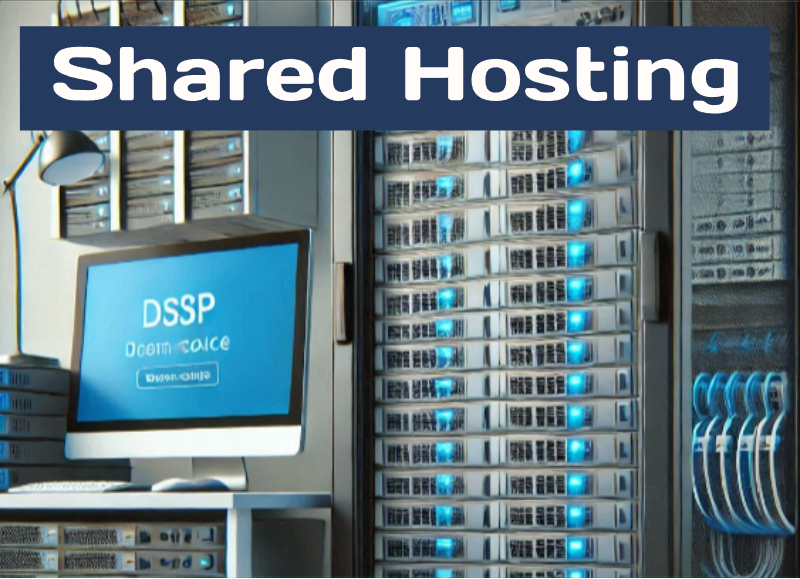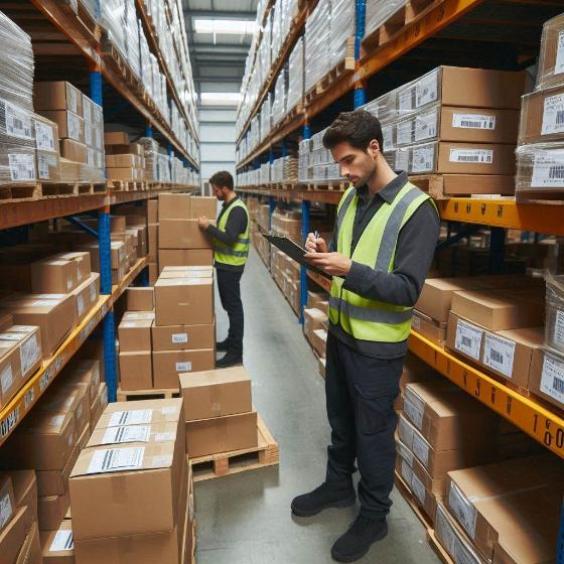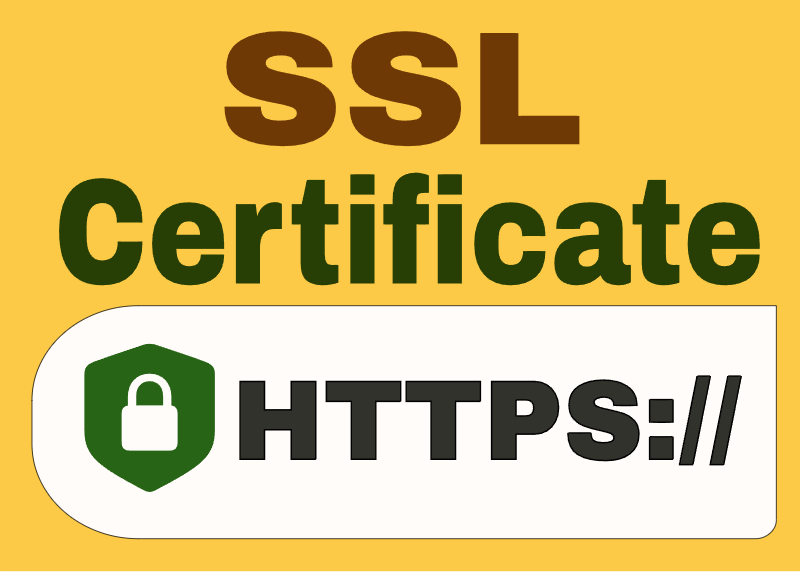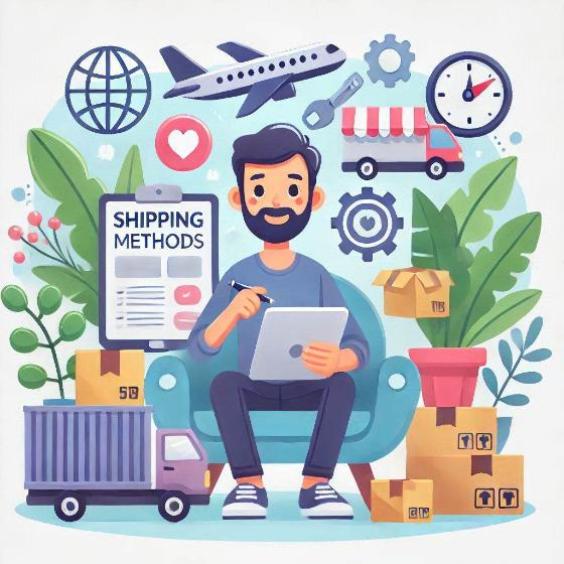Cybersecurity for SMEs: Protect Your Business from Digital Threats
In a world increasingly digital, cybersecurity has become a crucial priority for small and medium-sized enterprises (SMEs). Cyberattacks are not only a threat to large corporations; SMEs are also a frequent target due to their less robust security infrastructure. Protecting inventory management systems and other business data is essential to maintain the trust of your customers and the integrity of your business. In this article, we offer practical tips to strengthen your company's cybersecurity.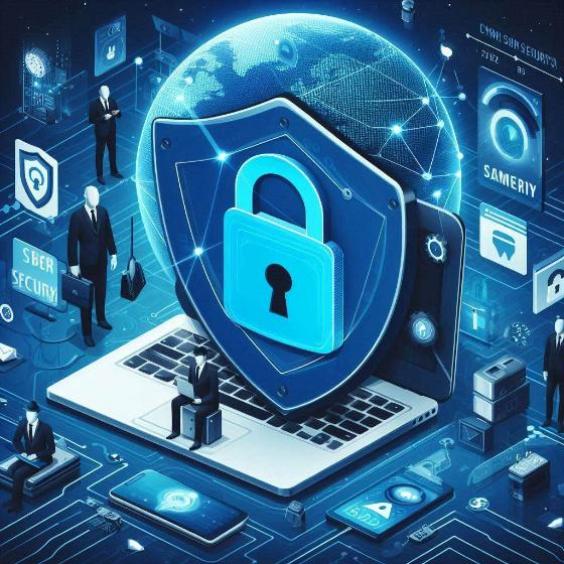
Importance of Cybersecurity for SMEs
SMEs often handle a large amount of sensitive data, from financial information to inventory details and customer personal data. A cyberattack can result in the loss of this data, which can have devastating consequences for the business, including loss of trust, damage to reputation, and significant financial costs. Implementing adequate cybersecurity measures is not only a matter of protection but of survival in an increasingly dangerous digital environment.
Tips to Protect Your Systems and Business Data
-
Implement Reliable Security Software
- Using robust security software is the first step to protect your business against cyberattacks. Make sure you have a quality antivirus installed, a well-configured firewall, and intrusion detection tools. Options like Bitdefender GravityZone or Kaspersky Small Office Security are designed specifically for SMEs and offer complete protection against threats such as malware, ransomware, and phishing.
-
Keep Your Systems Updated
- Software and operating system updates not only introduce new features but also correct known security vulnerabilities. Configure your systems to automatically update, ensuring you are always protected against the latest threats.
-
Protect Your Passwords
- Passwords are the first line of defense against unauthorized access. Implement a secure password policy that requires the use of complex and unique passwords for each system. Consider using a password manager like LastPass or 1Password to store and generate secure passwords.
-
Regular Backup
- Performing regular backups of your critical data is essential to quickly recover in case of a cyberattack. Make sure to store these backups in a safe place, preferably in an off-site or cloud environment, using services like Backblaze or Carbonite.
-
Encrypt Your Data
- Data encryption ensures that even if an attacker gains access to your information, they cannot read it without the decryption key. Make sure to encrypt sensitive data stored on your systems, as well as data transmitted over external networks.
-
Staff Training
- Cybersecurity is not only a technological issue but also a human one. Train your employees in good security practices, such as identifying phishing emails, handling data securely, and using mobile devices. A well-informed team is one of the best defenses against cyberattacks.
-
Access Control
- Limit access to critical information only to personnel who need it. Implement strict access controls and regularly monitor who has access to what data. Using two-factor authentication (2FA) adds an additional layer of security to your systems.
-
Cloud Security
- If you use cloud services to store data or manage your inventory, ensure the cloud provider complies with the highest security standards. Research and choose providers that offer data encryption, protection against DDoS attacks, and disaster recovery options.
Other Good Security Practices
-
Perform Security Audits
- Conduct periodic security audits to identify possible vulnerabilities in your systems. Hiring a cybersecurity expert to review these audits can be a worthwhile investment.
-
Develop an Incident Response Plan
- Being prepared for a cyberattack is as important as preventing it. Develop an incident response plan that outlines the steps to follow in case of a security breach, including communication with customers and authorities.
-
Implement Device Usage Policies
- If your employees use personal devices for work, ensure they adhere to security policies that protect business data. This can include using VPNs, installing security software, and setting strong passwords.
Cybersecurity is an essential component for the survival and success of SMEs in the current digital environment. By implementing reliable security software, keeping systems updated, and training your staff, you can protect your business from digital threats and ensure the security of your business data. Remember that in the digital world, prevention is the best defense.
Inventarios1A is committed to the security of its users, both in inventory management and data protection. Stay protected and secure the future of your business by adopting solid cybersecurity practices.

